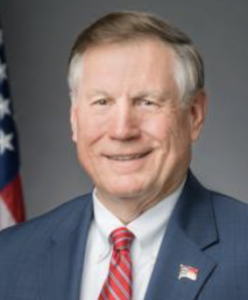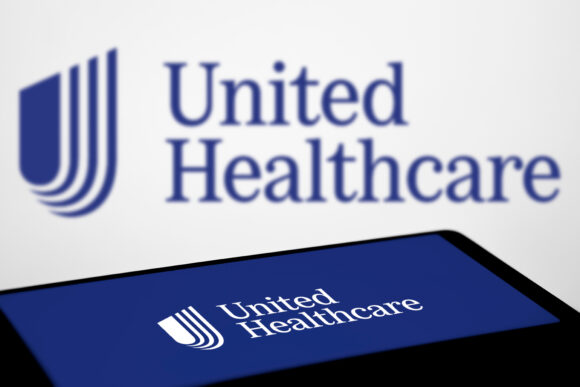UnitedHealthcare of North Carolina has agreed to pay a $3.4 million fine and take action to improve claims handling and prevent balance billing for out-of-network treatment after a state Department of Insurance investigation detailed multiple allegations. It’s the largest penalty imposed by the DOI in at least five years.
“Patients receiving emergency room services certainly don’t have the time or capacity to go through a checklist and make sure all providers attending them are in-network,” state Insurance Commissioner Mike Causey said in a bulletin posted Friday. “UnitedHealthcare’s practices potentially put unnecessary financial burdens on many North Carolinians. I am happy to see that UnitedHealthcare has agreed to take corrective action.”
UnitedHealthcare officials sent a statement about the DOI’s action: “We are committed to protecting our members from out-of-network care providers who bill excessive fees, particularly in acute or urgent settings,” the company said. “We continue to comply with all state and federal laws, including the federal No Surprises Act, which protects members from balance billing.”
The DOI said that the health insurer did not admit to charges outlined in a report on the department’s investigation, and the company has denied violating statutes and regulations.
The department’s Market Regulation Division began its four-year investigation after the department saw a sustained trend in complaints from UnitedHealthcare members and from health care providers. The probe found that patients had been billed for costs above their deductibles, copayments and coinsurance requirements.

North Carolina law bars health insurers from imposing cost sharing for emergency services that differs from in-network cost sharing, if a delay in finding care would have worsened the emergency or if the choice of provider was beyond the patient’s control. The treatments were mostly provided by anesthesiology, laboratory and emergency room providers, and some of those were done at in-network facilities, the DOI explained.
The companies’ failure to have in-network anesthesiology and laboratory providers available at in-network facilities should not affect the member’s benefit level or cost-sharing responsibilities for covered services, the investigation found, DOI noted.
The insurance department also said that UnitedHealthcare did little to assist insured patients that had been balance-billed. In many cases, UnitedHealthcare did not follow its own procedures to negotiate with providers to hold the member harmless, the DOI said.
The fine caps a tough two years for UnitedHealth Group leadership, who endured a costly cyberattack on a subsidiary and saw the insurer’s CEO gunned down in New York in December. The shooting was possibly related to denied or delayed claim payments or procedures that were not covered.
The U.S. Senate last year investigated UnitedHealthcare and two other health insurance companies for denying or delaying claims for some patients, the New York Times, Stat and other news outlets have reported. In October last year, Washington state’s insurance commissioner fined United $5,000 for failing to timely file large group negotiated rates.
The North Carolina DOI fine may have little impact on United’s bottom line. The company reported record revenue of $400 billion in 2024 and net income of $14.4 billion, according to company and news reports. The profit would have been higher and would have set a new record for the company if it weren’t for a cyberattack against its subsidiary, Change Healthcare, which reportedly cost United almost $3 billion, and because of lower returns on its Medicare and Medicaid plans, HealthcareDive news site reported.
The $3.4 million fine payment will be sent to North Carolina public schools, as required by the state’s constitution, Causey’s office noted.
Since early 2020, NCDOI has fined five insurers. The largest penalty was levied against Gerber Life Insurance, at $1.1 million, department data show. The only property-casualty insurer to be fined in that time frame was USAA, which was assessed $16,000.
Was this article valuable?
Here are more articles you may enjoy.



 Portugal Deadly Floods Force Evacuations, Collapse Main Highway
Portugal Deadly Floods Force Evacuations, Collapse Main Highway  Insurance Issue Leaves Some Players Off World Baseball Classic Rosters
Insurance Issue Leaves Some Players Off World Baseball Classic Rosters  How One Fla. Insurance Agent Allegedly Used Another’s License to Swipe Commissions
How One Fla. Insurance Agent Allegedly Used Another’s License to Swipe Commissions  World’s Growing Civil Unrest Has an Insurance Sting
World’s Growing Civil Unrest Has an Insurance Sting 


